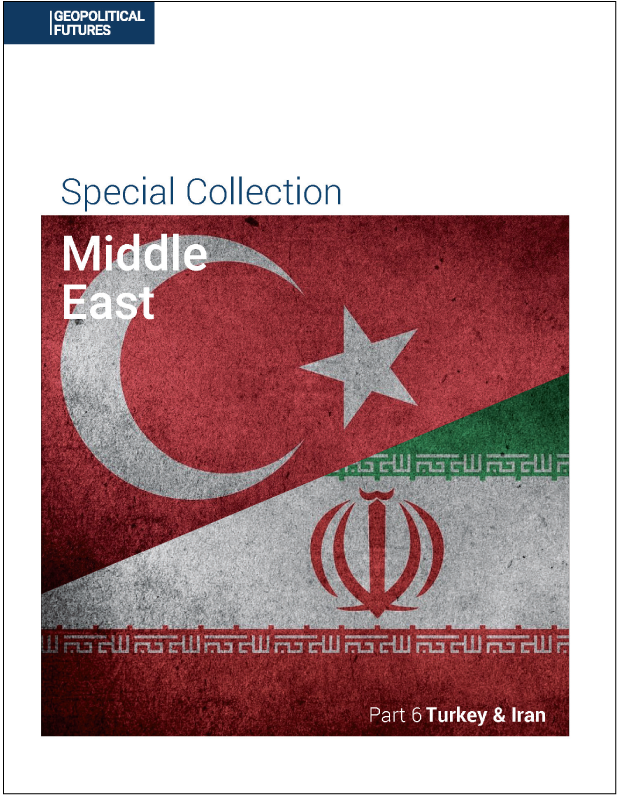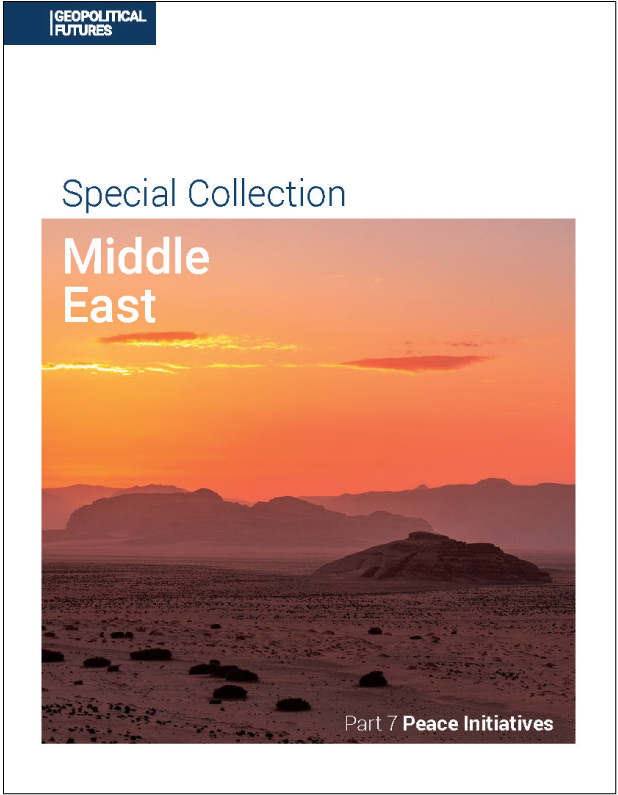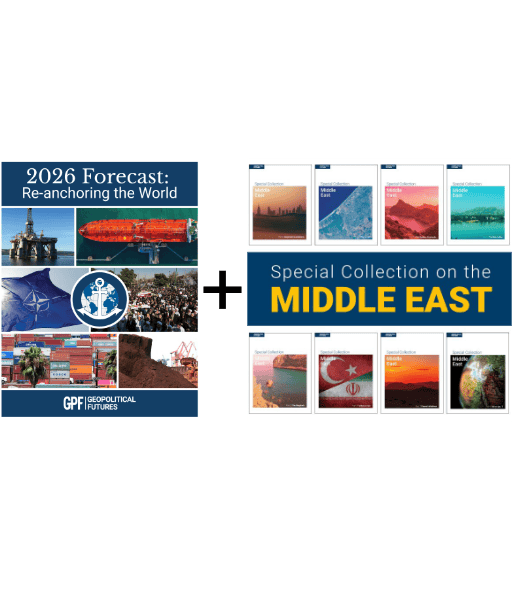About the Author
Hilal Khashan

Hilal Khashan is a contributing analyst at Geopolitical Futures. He is a Professor of political science at the American University of Beirut and a respected author and analyst of Middle Eastern affairs. He is the author of six books, including Hizbullah: A Mission to Nowhere. (Lanham, MD: Lexington Books, 2019.) He is currently writing a book titled Saudi Arabia: The Dilemma of Political Reform and the Illusion of Economic Development. He is also the author of more than 110 articles that appeared in journals such as Orbis, The Journal of Conflict Resolution, The Brown Journal of World Affairs, Middle East Quarterly, Third World Quarterly, Israel Affairs, Journal of Religion and Society, Nationalism and Ethnic Politics, and The British Journal of Middle Eastern Studies.
https://geopoliticalfutures.com/author/hkhashan/











